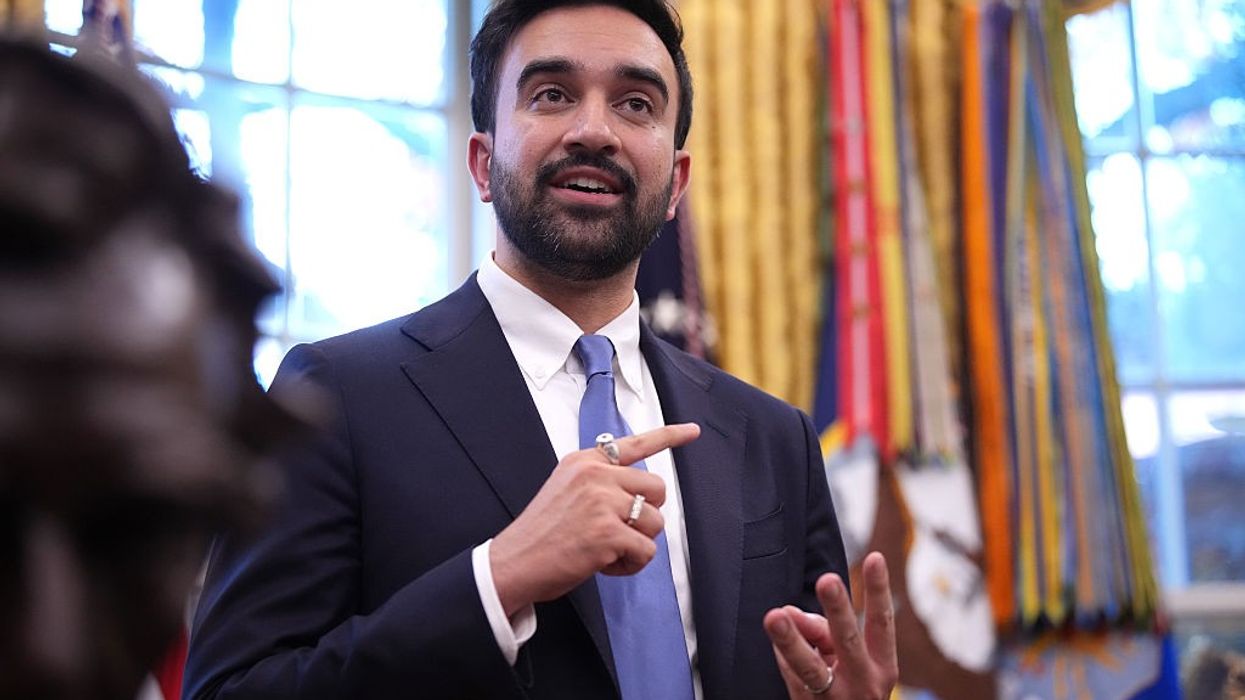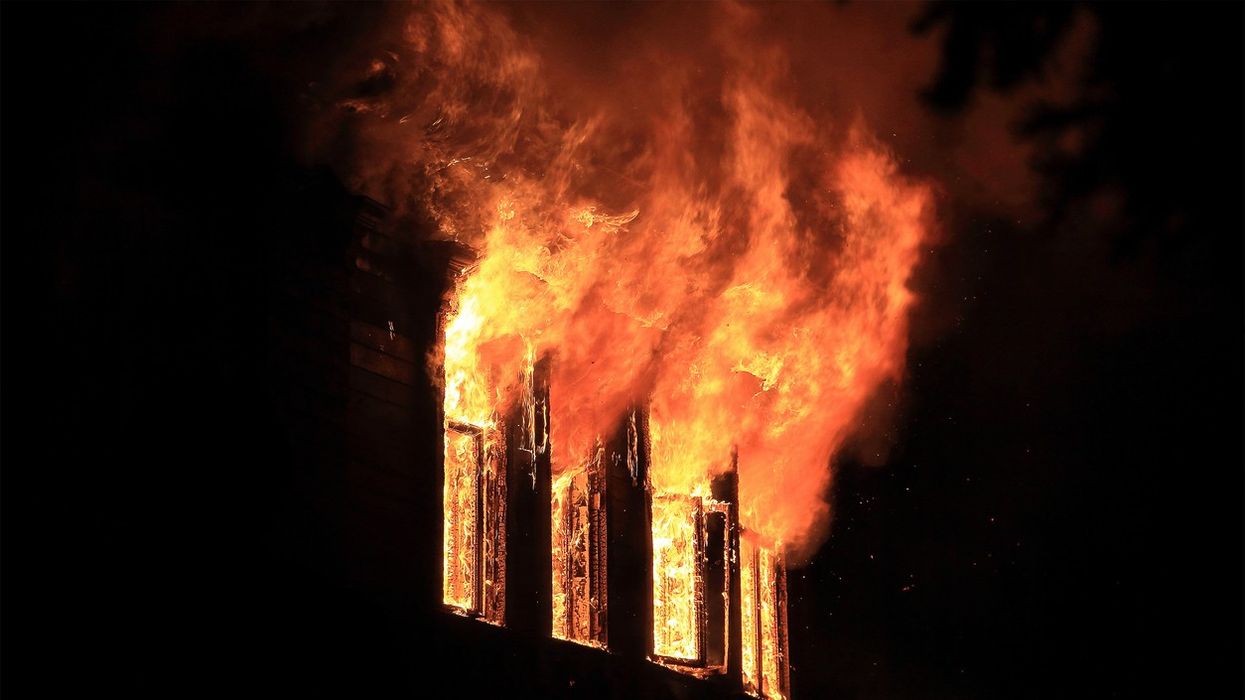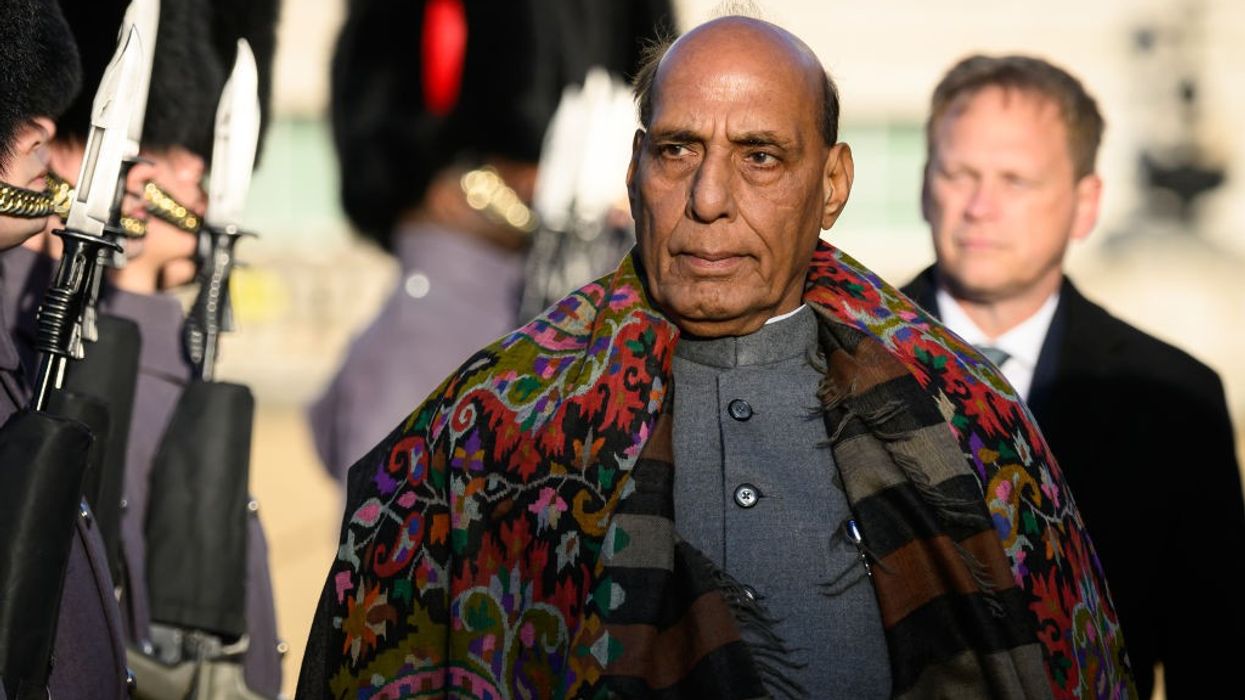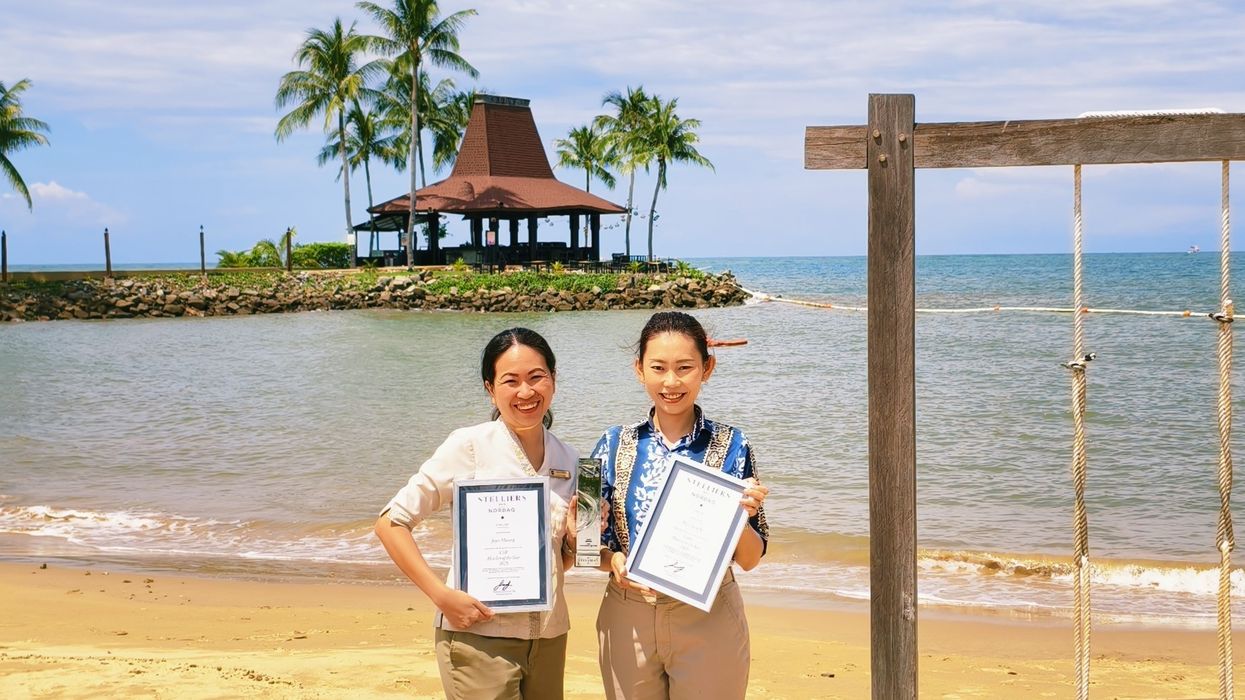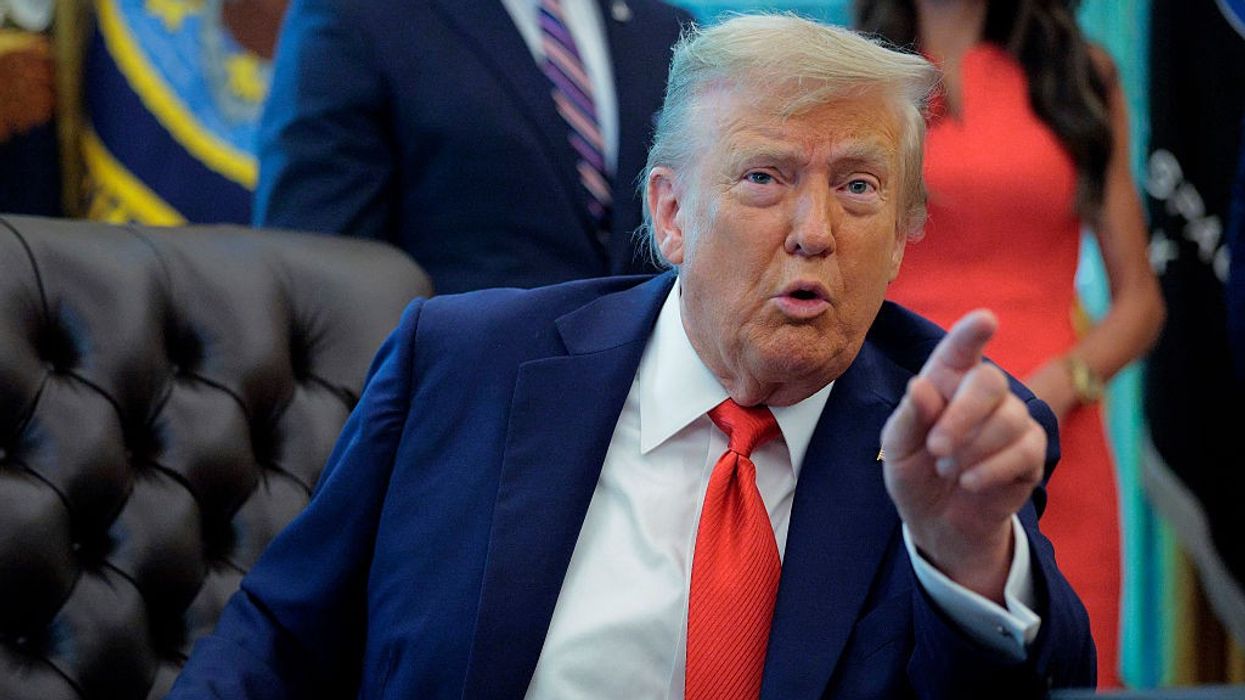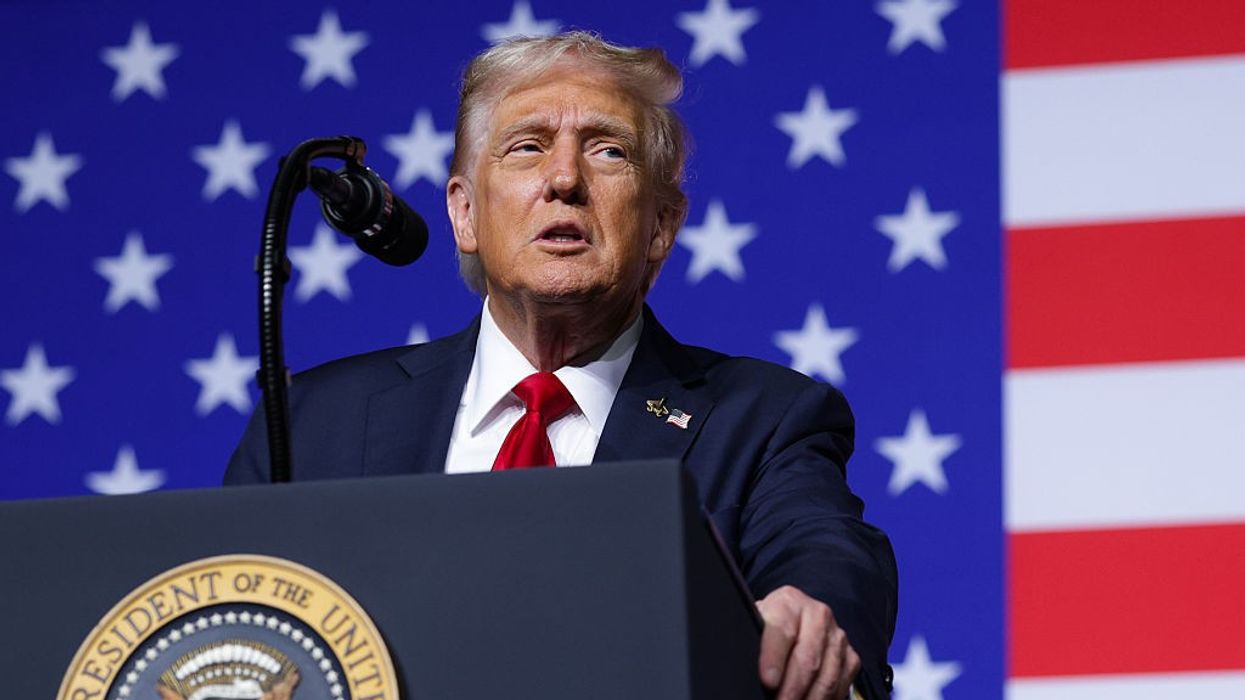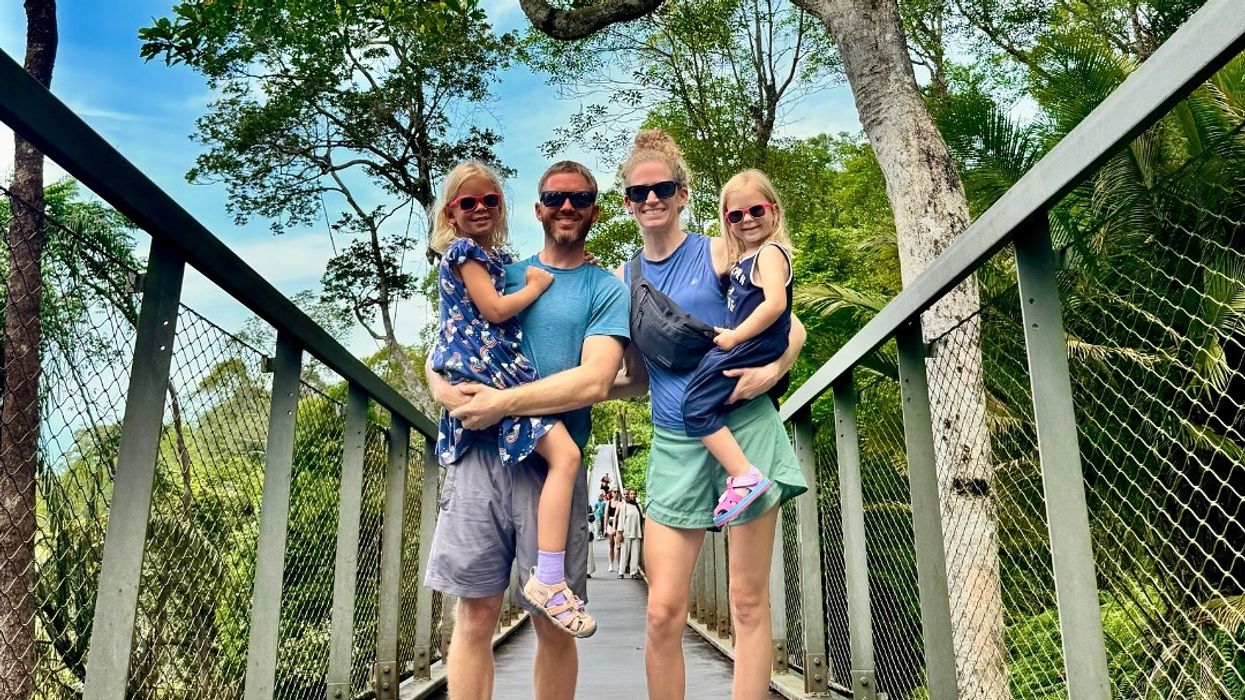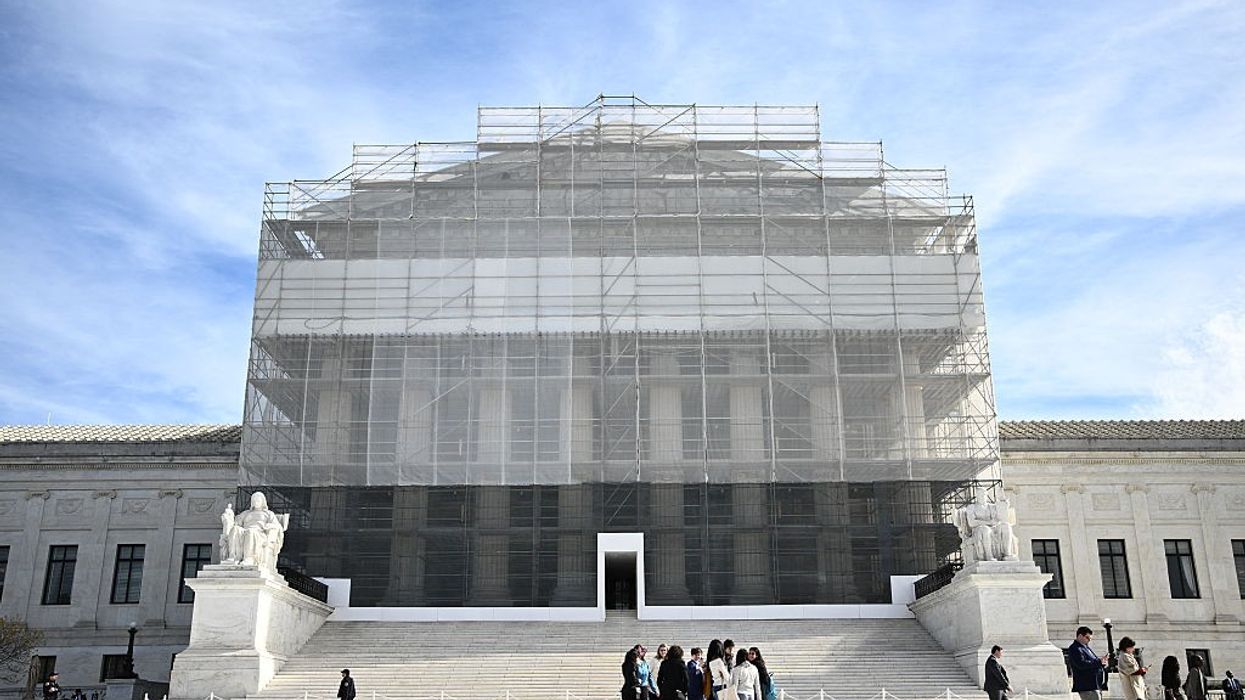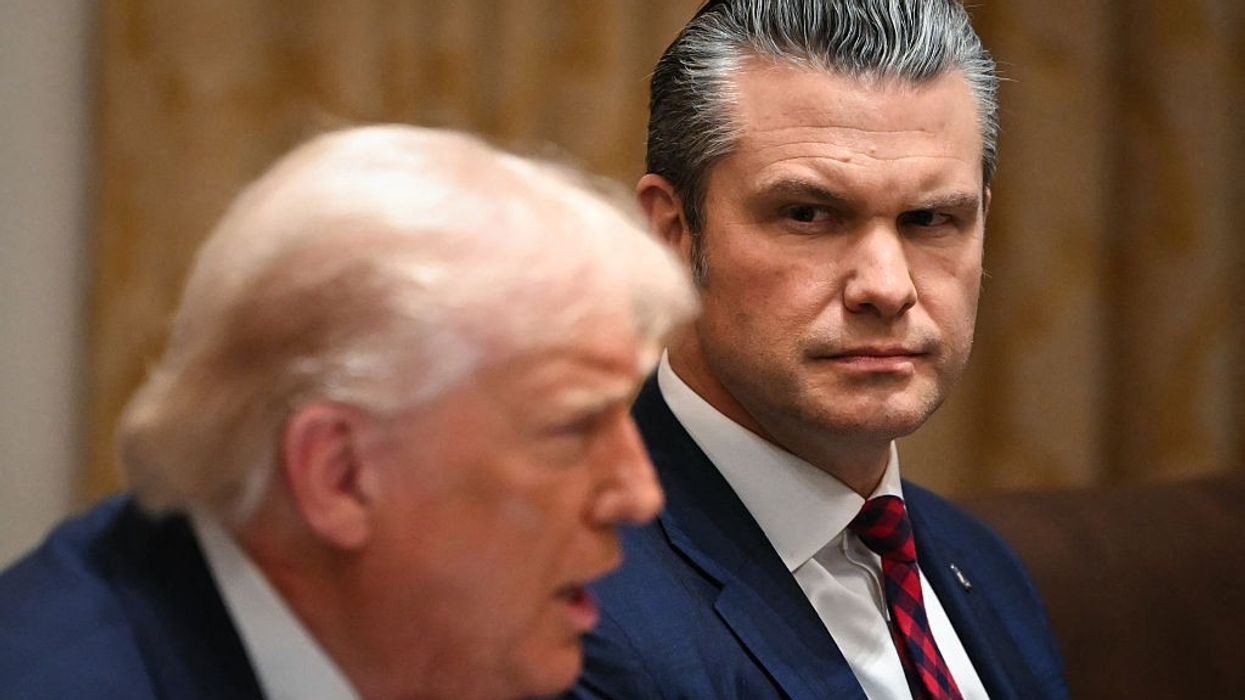A DELEGATION of six members from Ladakh held a meeting with India's minister of state for home, Nityanand Rai, to address the ongoing agitation in the region. The agitation is centered around demands for statehood and special status under the Sixth Schedule of the Indian Constitution. Earlier, several socio-religious, political, and youth organizations from Leh and Kargil had refused to participate in a high-powered committee established by the ministry of home affairs to safeguard the interests of the people of Ladakh.
Sajjad Hussain, a social-political activist and member of the delegation, told PTI that during the meeting, they discussed their demands and raised objections to the composition of the high-powered committee.
The delegation consisted of former Ladakh parliamentarian Thupstan Chhewang; former state legislators Chering Dorjey and Nawang Rigzin Jora from the Leh Apex Body, and Qamar Ali Akhoon and Haji Asgar Ali Karbalaie from the Kargil Democratic Alliance. Dorjey, Rigzin, Akhoon, and Ali were former members of the Jammu and Kashmir Assembly, with some also having served as ministers in the state government.
The demands put forth by the delegation include statehood, special status under the Sixth Schedule, separate Lok Sabha seats for Leh and Kargil, and a recruitment drive for educated local youth, among others. The Sixth Schedule of the Constitution provides greater administrative and political autonomy to certain tribal areas. Ladakh was established as a Union Territory separate from the state of Jammu and Kashmir in 2019.
Over the past two years, demonstrations have taken place in Leh and Kargil, highlighting the need to protect the interests of the people of Ladakh. In August 2021, the Leh Apex Body and the Kargil Democratic Alliance, representing various social and religious groups from the two regions, joined forces to advocate for their demands.
However, they rejected the high-powered committee formed by the ministry in January, expressing concerns about its agenda and composition. In February, representatives and residents of Ladakh staged a demonstration at Delhi's Jantar Mantar to further emphasise their demands.
(With agency inputs)


